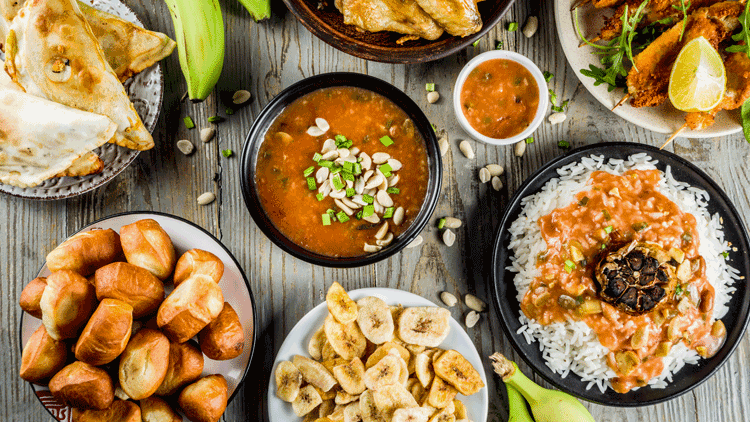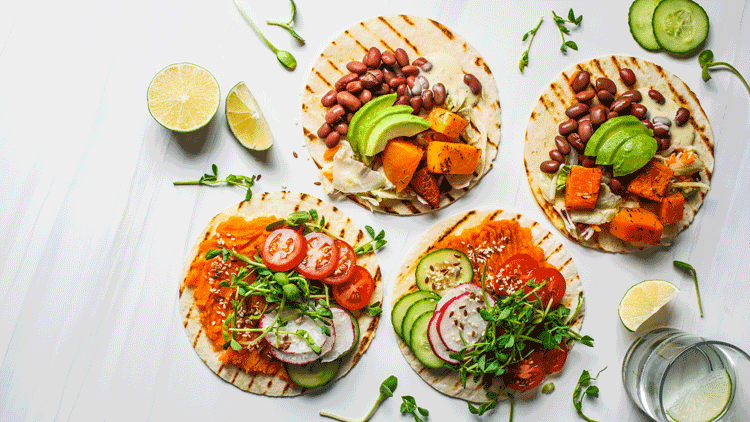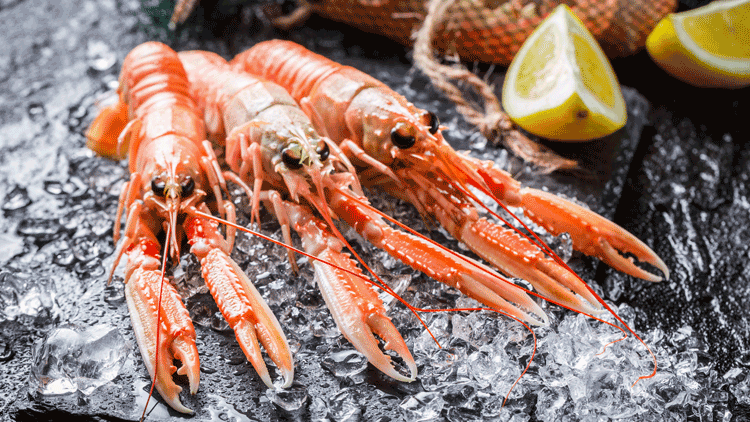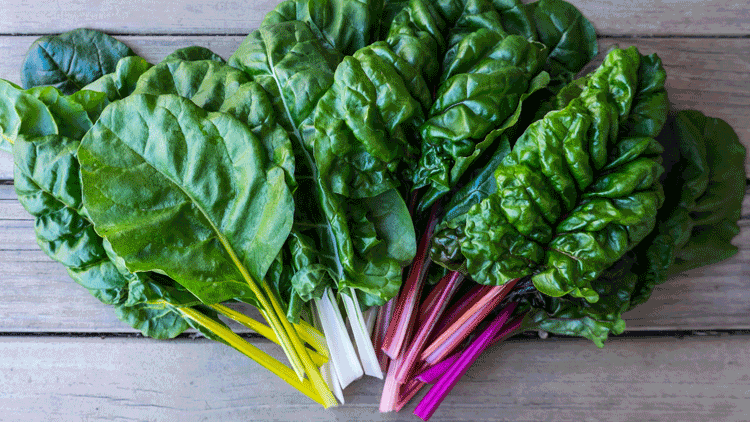Trends Week
2021 restaurant and dining trends: part 3

Growth of egg-focused operators
The arrival of US-based casual dining brand Eggslut in London back in 2019 courted a lot of attention, not least because of its NSFW name, which many pointed out could be perceived as derogatory or misogynistic. However, the concept, which is focused around a menu of premium, egg-based sandwiches served in brioche buns, appears to have inspired a growing trend of egg-focused operators in the capital. In the midst of the first Coronavirus lockdown last year, as Eggslut was preparing to launch its second London site in Fitzrovia, two new players entered the fold. The first, Mad Egg, which currently operates a dark kitchen site in Wood Green, is arguably the more closely aligned to US chain in its offering, which features a (free) range of egg sandwiches and burgers, alongside a ‘signature’ dish of potato purée and a coddled egg served in a glass jar that’s a dead ringer for Eggslut’s namesake dish ‘The Slut’. The second, called EggRun, originally launched too as a delivery-only brand, but is now eyeing a bricks and mortar rollout with its first permanent site set to open in Monument in March. Two further sites are expected to open in the next 12 months, with founders Laurent Manuel and Asher Grant planning to build a portfolio of up to 15 sites by 2023; although it is not known at this time whether all further EggRun locations will be concentrated in the capital.
African cuisine
Iré Hassan-Odukale and Jeremy Chan’s Ikoyi may still be place many think of when they reflect on what has become defined as the new wave of West-African restaurants in the capital, but that field is certainly growing. Last year saw a swell of new operators enter the space. On the more fast-casual end of the spectrum there was Nigerian tapas restaurant Chuku’s in Tottenham, and chef Adejoké ‘Joké’ Bakare’s Chishuru in Brixton; while more high-end players have included Akoko in Fitzrovia, and Stork in Mayfair – the latter being a pan-African venture where globetrotting dishes all have roots in the region. Crucially, while there are similarities of flavours and dishes to be found across all the menus, each offering is distinctive and unique. Aji Akokomi, founder of Akoko, believes there’s still plenty of room for new concepts in the capital’s West African restaurant space to grow. “It’s great to see people paying more attention to these sorts of restaurants,” he says. “And there’s more to come. London is a city where you can experience cuisines and dishes from all over the world, and we’ve seen a lot of brilliant supper club-concepts that are really different to anything we’ve experienced before and want to move into permanent sites. It just shows how much potential there is in this space.”
Plant-based powers on
The popularity of veganism is showing no sign of waning. According to recent research by Deliveroo, orders of plant-based dishes for delivery are up 163% on last year, with more than half a million signing up to take part in Veganuary last month. And while survey results from Veganuary 2020 revealed that eating out was one of the biggest challenges faced by participants, restaurants have done a lot in the last year to recognise and address this. Casual dining chain Wagamama, for example, has committed to making 50% of its menu meat-free by the end of the year. “We believe that vegan choices should be so delicious that everyone should want to include [them] in their lives, whether a strict vegan or someone who has never thought of themselves as a vegan before,” says Emma Woods, Wagamama CEO. Another chain looking to develop its plant-based range is Bone Daddies, which created what is believed to be London's first plant-based tonkotsu ramen for this year’s Veganuary – appropriately called ‘notkotsu’. “I’m really excited about plant-based products, and the quality of these products is getting better and better every day,” says Loic Leguay, group executive chef at Bone Daddies. “I focus on big flavours at Bone Daddies and we’re just starting to see products that can really take on the flavour depth to pair well with our food. The biggest opportunity is growth of our brands and job creation - we will leave this pandemic as a bigger company than when we entered it, which is a testament to our fantastic team & loyal guests.
British fish
While the hospitality sector continues to digest the full implications of Boris Johnson’s Brexit deal, particularly with regards to what it means for employment, one area that has already felt the weight of the country’s decision to leave the trading bloc is the UK’s fishing sector. Following the EU’s recent confirmation of an indefinite ban on the sale of live mussels, scallops, oysters, clams and cockles to member states, the future of the UK’s shellfish industry is uncertain. On top of this, delays at customs on both sides of the channel has made the export of live crab, lobsters and langoustines to the continent virtually unviable, with many companies pausing the export side of their operations to avoid their catch arriving dead and worthless. As a result, seafood suppliers are looking to ramp up interest from the British market to help plug the sales gap. Fish with traditionally ‘ugly’ monikers have been renamed to make them more consumer friendly, with megrim sole becoming Cornish sole and spider crab rebranded as Cornish King crab. Chefs have also stepped up to the plate to help support the sector, with Rick Stein’s restaurant group signing a deal to purchase seafood to include in its ‘at home’ boxes from a Welsh supplier who risked losing £48,000 worth of shellfish stuck at Portsmouth due to Brexit. Lower wholesale prices and better availability of fish stock will certainly benefit chefs looking to bolster their menus with a more robust seafood offering. However, should the seafood industry collapse as a result of the ongoing headache around EU exports, then UK chefs will subsequently find themselves faced with significant sourcing headaches.
Leafy greens and brassicas
Broccoli, kale and spinach were the vegetables du jour a few years back thanks to the trend for the green super smoothie, but this year their popularity will move beyond being blitzed for drinks. So predicts New Covent Garden Market in its annual Fruit and Vegetable Trends Report 2021, which is based on trader insights from its wholesalers, who supply London’s most fashionable restaurants – including La Gavroche, Sketch, Soho House, Jikoni, Darjeeling Kitchen and Restaurant Story. The market has seen a surge in the sale of brassicas as people look to keep themselves fit during the pandemic and predicts this consumer demand during lockdown will continue when they eat out. It also foresees that 2021 will see the rise of British radicchio which, as well as being roasted or sautéed on its own will be diced up and added as a topping to everything from tacos to eggs on toast on restaurant dishes.
























